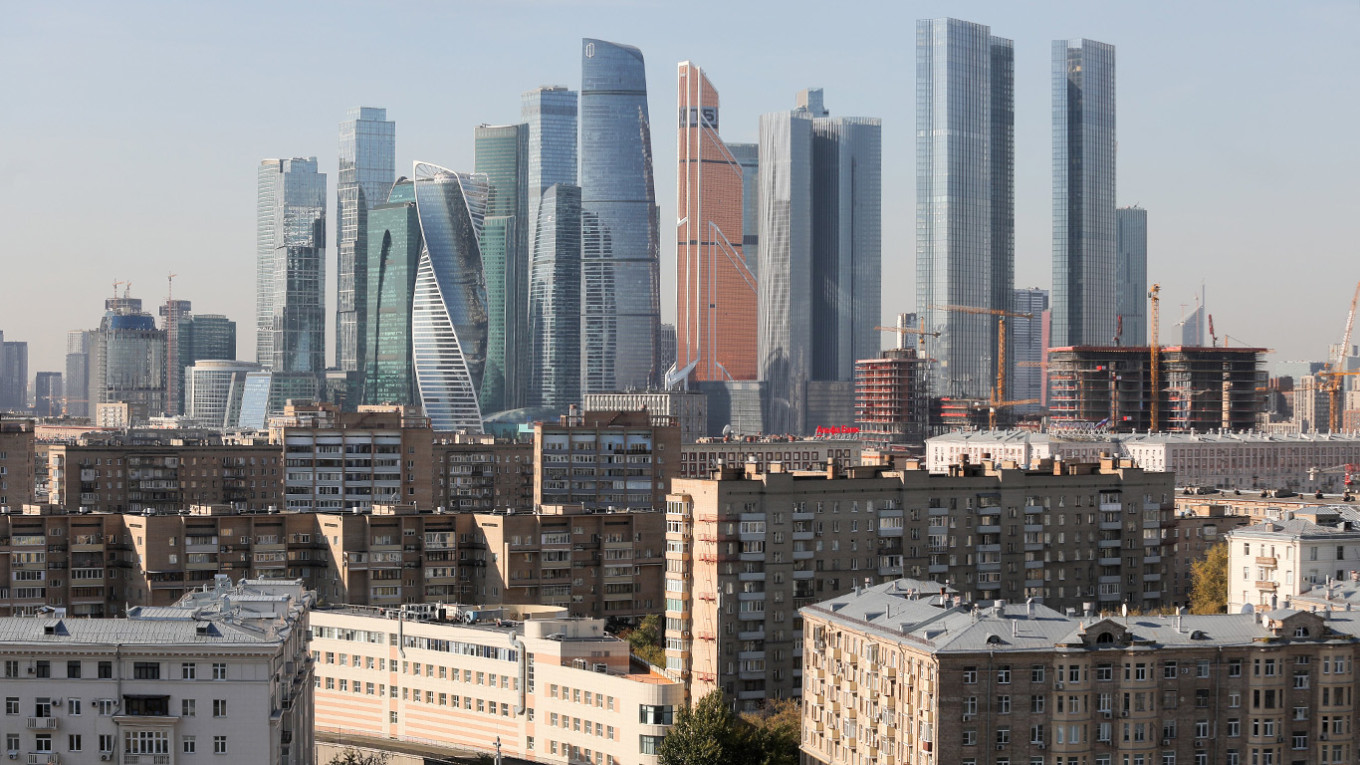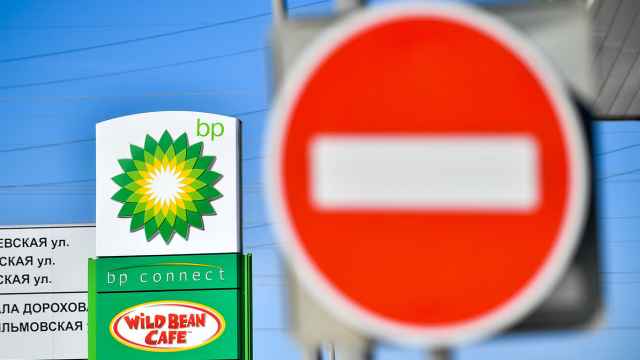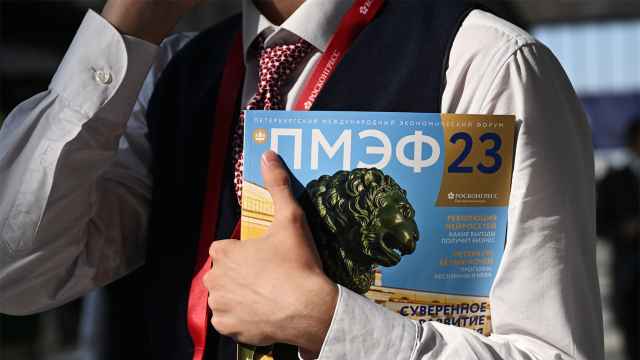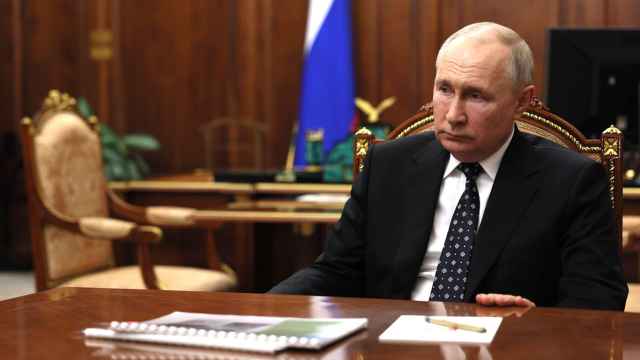Russia has raised the so-called “exit tax” and the minimum discount for foreign companies seeking to pull out of the country, the RBC news website reported Thursday, citing three anonymous sources familiar with the new rules and one lawyer.
Russia has since December 2022 forced foreign companies to sell their assets to Russian buyers at steep discounts and charged them an exit fee of the transaction value. The percentage figures have been gradually revised upwards, while foreign companies remaining in Russia have faced criticism that their exits would help fund Russia’s invasion of Ukraine.
“Voluntary contributions” to the Russian treasury would be raised from 15% to 35% under the new rules, according to RBC.
The newspaper added that the first 25% is payable within the first month after the deal, 5% within a year and the last 5% within two years.
Reuters said it confirmed the figures with another anonymous source involved in Russian mergers and acquisitions.
RBC reported that the foreign companies’ Russian assets would now be sold at a discount of 60% instead of the previous 50%.
For the first time, RBC said the new rules will also require President Vladimir Putin to personally approve deals worth more than 50 billion rubles ($520.3 million).
A government commission on foreign investments reportedly adopted the new rules this week.
“This is done purposefully so that foreign business — that is, foreign money — doesn’t leave Russia despite the sanctions,” Yury Nikolaev, managing partner of the law firm Nikolaev and Partners, told RBC.
RBC did not indicate when the new exit rules are expected to go into effect.
It reported that Russia’s state coffers received nearly 140 billion rubles ($1.45 billion) from “voluntary contributions” by exiting foreign companies from January-August 2024.
In January-June, 34 foreign companies sold their Russian assets at a value of $1.89 billion. That’s on track to be lower than the 97 deals worth $11.14 billion made in all of 2023.
Hundreds of mostly Western companies have either fully exited or scaled back operations in Russia following its full-scale invasion of Ukraine in 2022.
A Message from The Moscow Times:
Dear readers,
We are facing unprecedented challenges. Russia's Prosecutor General's Office has designated The Moscow Times as an "undesirable" organization, criminalizing our work and putting our staff at risk of prosecution. This follows our earlier unjust labeling as a "foreign agent."
These actions are direct attempts to silence independent journalism in Russia. The authorities claim our work "discredits the decisions of the Russian leadership." We see things differently: we strive to provide accurate, unbiased reporting on Russia.
We, the journalists of The Moscow Times, refuse to be silenced. But to continue our work, we need your help.
Your support, no matter how small, makes a world of difference. If you can, please support us monthly starting from just $2. It's quick to set up, and every contribution makes a significant impact.
By supporting The Moscow Times, you're defending open, independent journalism in the face of repression. Thank you for standing with us.
Remind me later.






